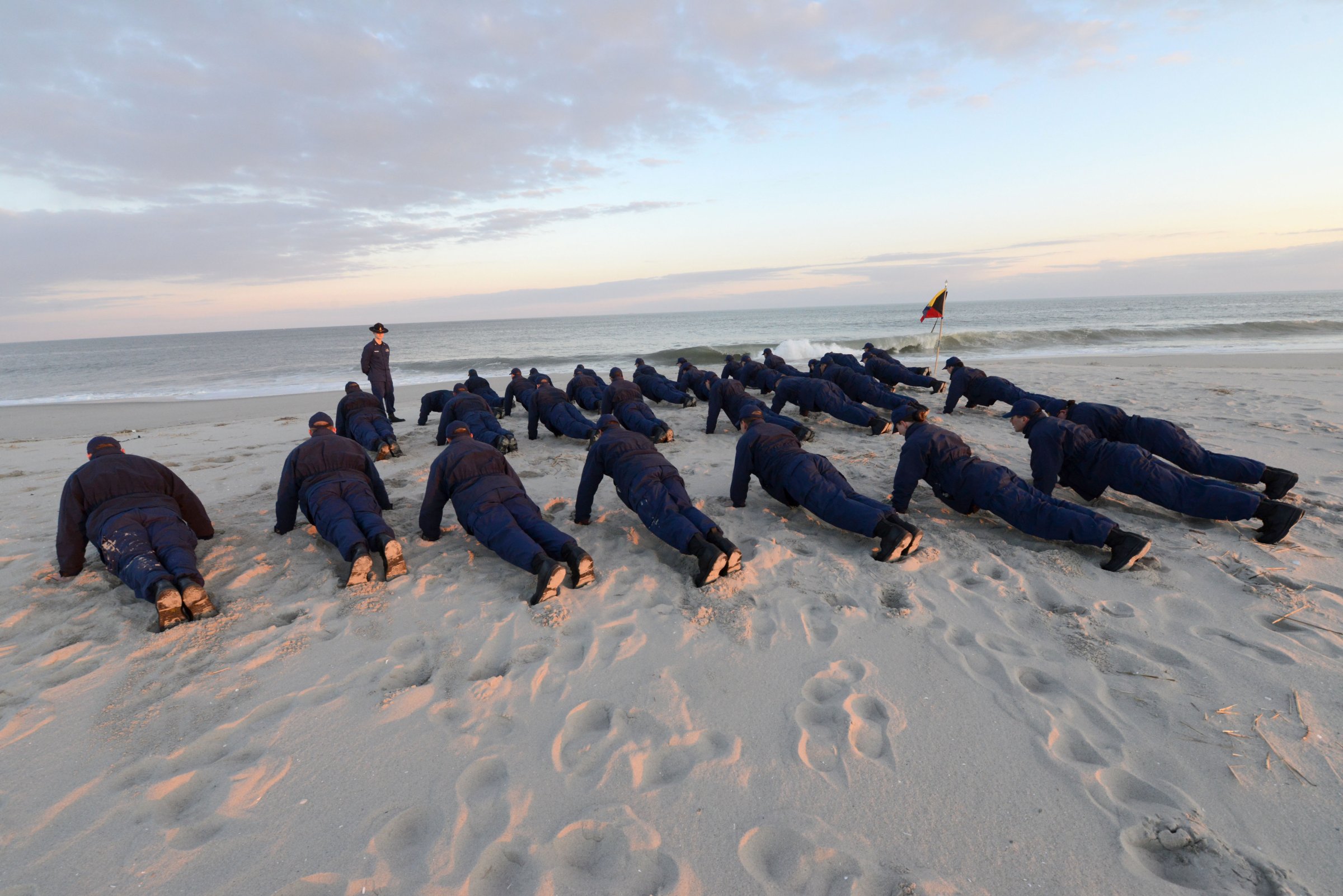
The U.S. government confirmed Wednesday that Sergeant Bowe Bergdahl was discharged early from the Coast Guard, after only 26 days in boot camp, two years before he tried to enlist in the Army.
The fact raises questions on a third front that has nothing to do with how Bergdahl came to be captured by the Taliban, or how much the Obama Administration did to win his freedom May 31 in an exchange for five senior Taliban leaders: why did the Army let a failed Coast Guardsman join its ranks?
Friends of Bergdahl told the Washington Post that the Coast Guard discharged him for psychological reasons, but neither the Coast Guard nor the Army has specified why Bergdahl left the Coast Guard’s boot camp in Cape May, N.J., in early 2006. The Coast Guard described the action as an “uncharacterized discharge,” which is typical for someone who leaves the service without completing basic training.
Generally such an event is a red flag that would have required a waiver from the Army before allowing such a prospective recruit to enlist. A wide variety of bars to enlistment—including legal problems and health concerns—require waivers because the Pentagon believes such recruits won’t do as well in uniform as those without such warning signs.
In 2008, the year Bergdahl joined the Army, the service granted waivers for about 20% of its recruits, usually for illicit drug use or other legal problems. Such waivers spiked as the popular support for the wars in Afghanistan and Iraq sagged and it became more difficult to entice young Americans to serve in uniform.
Bergdahl’s aborted Coast Guard service is the latest twist in a strange series of events about the case. It began as a joyous Rose Garden celebration at the White House with his parents to announce his freedom. Within days, it soured into bitter comments from fellow soldiers who declared that Bergdahl had deserted his post in a war zone, leading to hunts for him that they say played a role in the combat deaths of at least six U.S. troops (the Pentagon says it has no evidence of direct links between the deaths and the manhunt).
Now it has become a darker tale about a seemingly-confused young man whose woes the Army may have been willing to overlook to gain a willing recruit for the war in Afghanistan.
More Must-Reads from TIME
- Donald Trump Is TIME's 2024 Person of the Year
- Why We Chose Trump as Person of the Year
- Is Intermittent Fasting Good or Bad for You?
- The 100 Must-Read Books of 2024
- The 20 Best Christmas TV Episodes
- Column: If Optimism Feels Ridiculous Now, Try Hope
- The Future of Climate Action Is Trade Policy
- Merle Bombardieri Is Helping People Make the Baby Decision
Contact us at letters@time.com